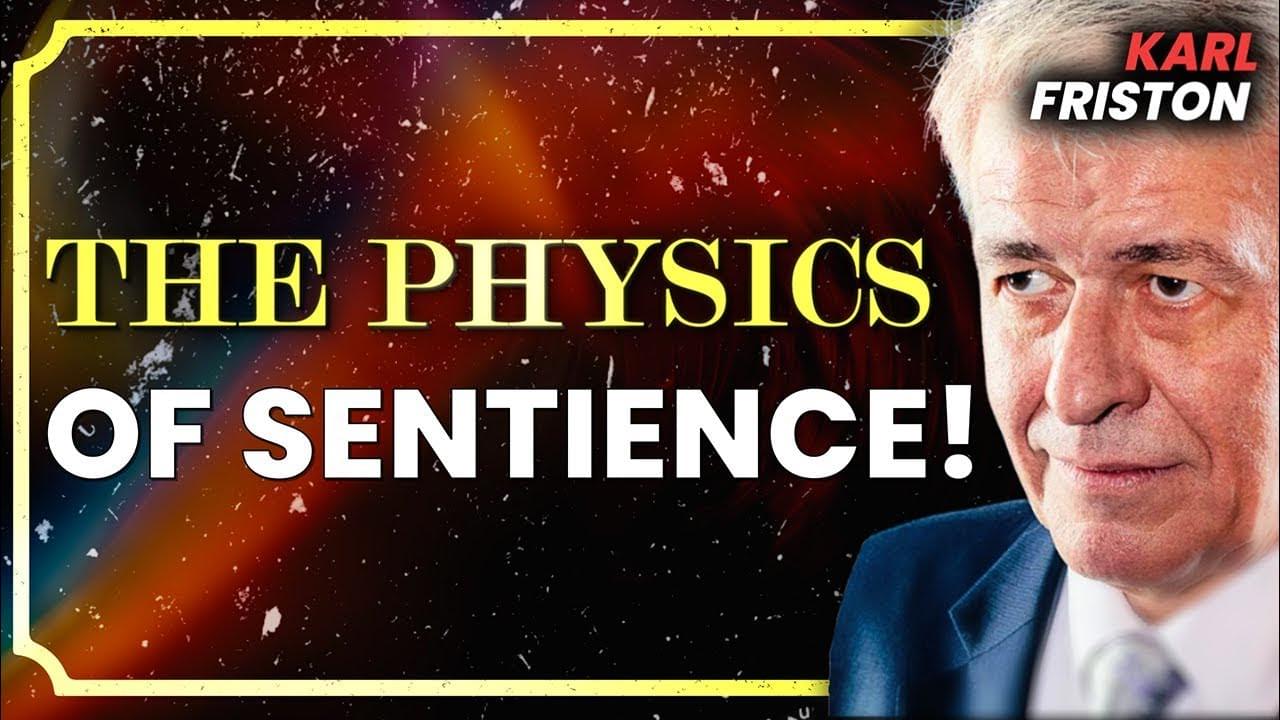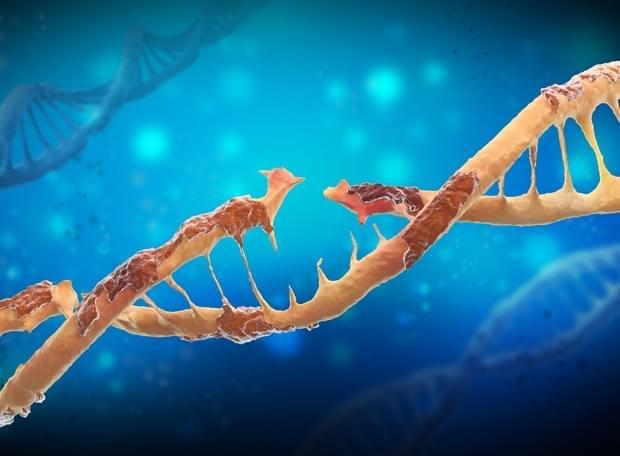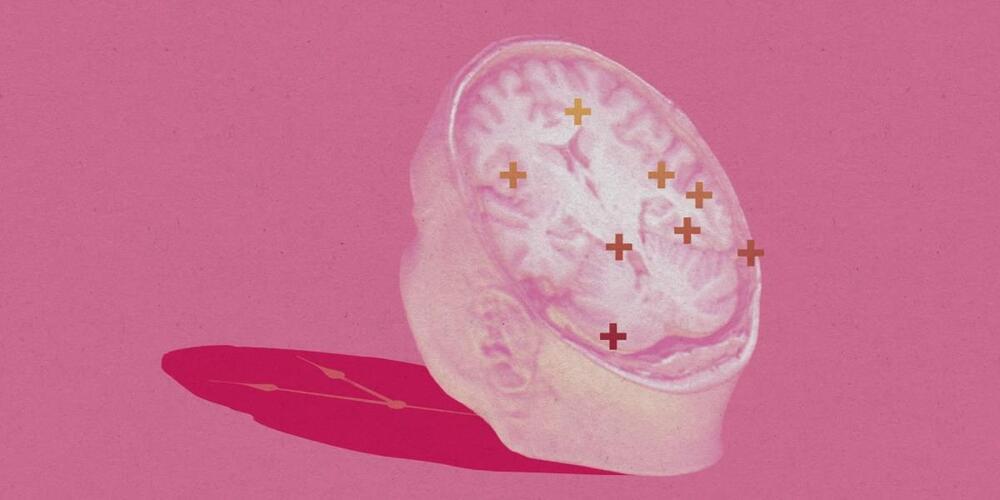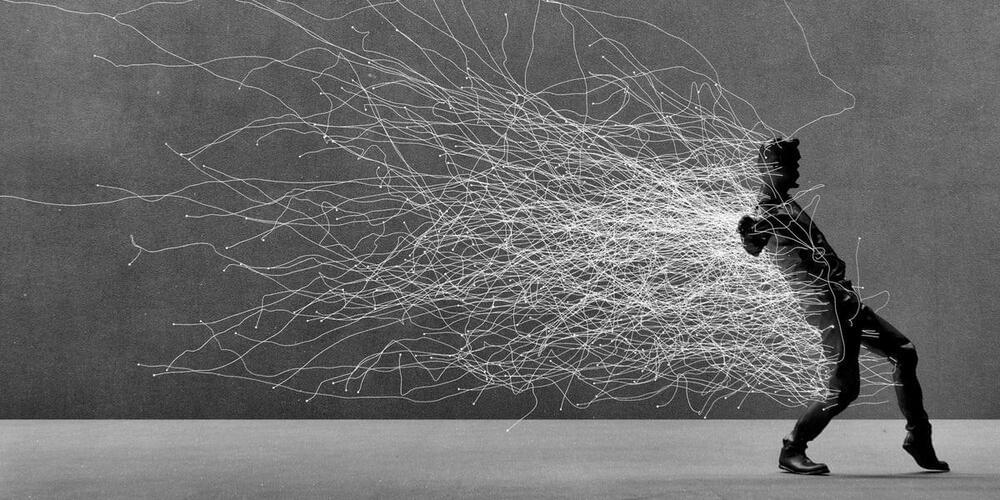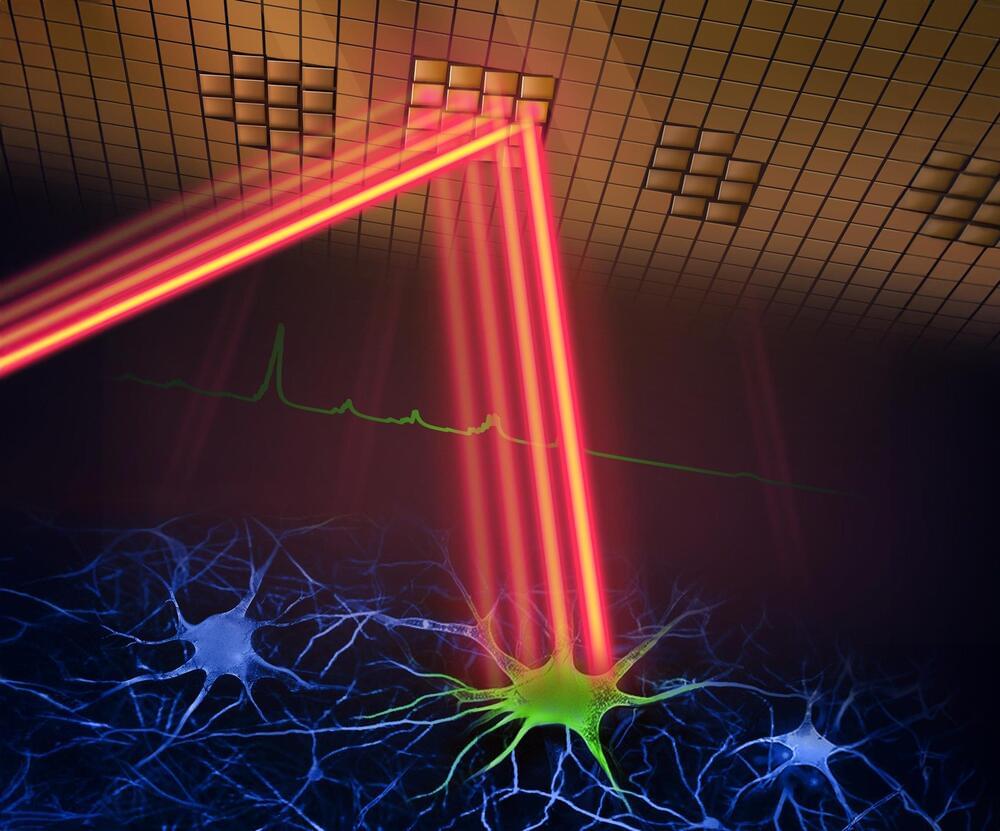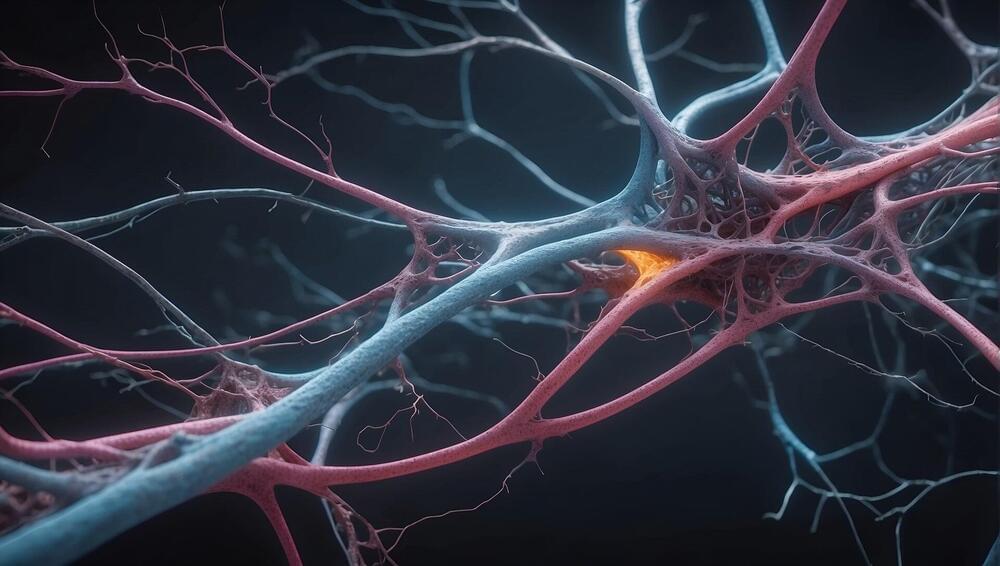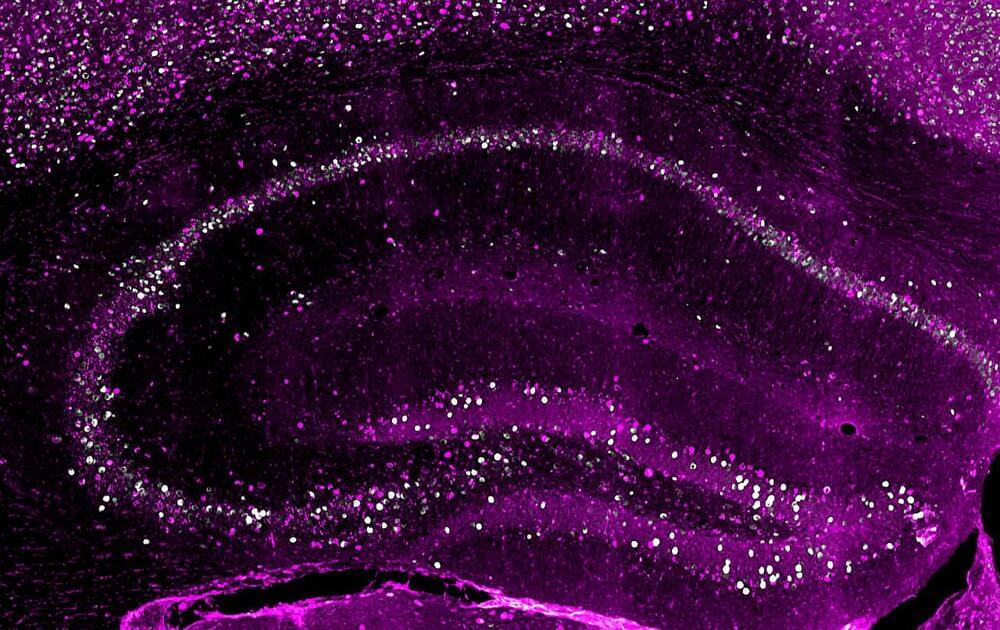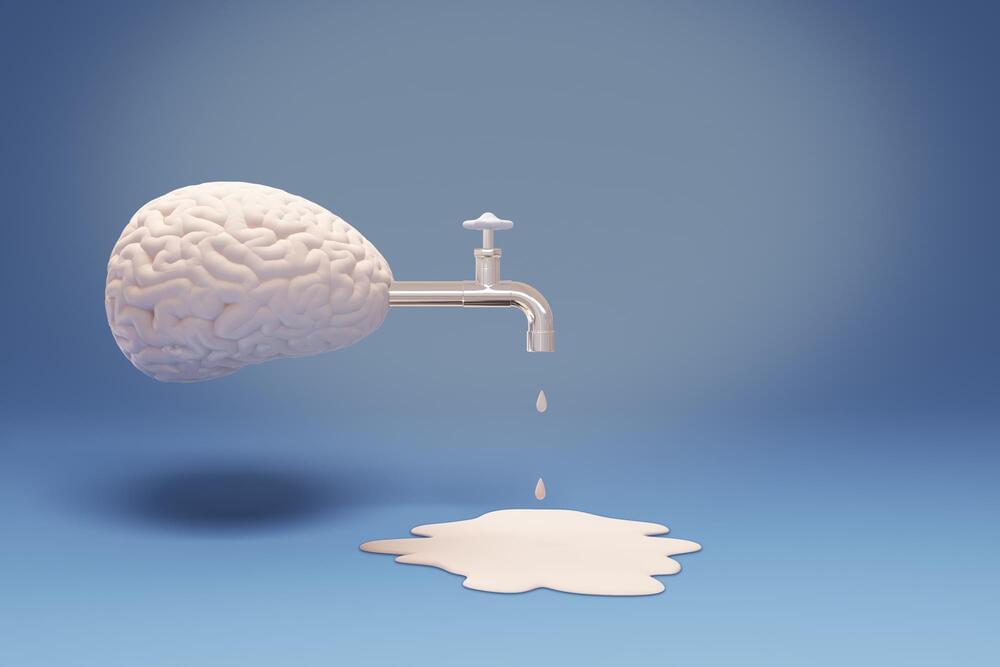Aug 16, 2024
Benefits of Fermented Papaya in Human Health
Posted by Arthur Brown in categories: biotech/medical, food, health, neuroscience
Fermented foods have been used for several years all over the world, due to their unique nutritional characteristics and because fermentation promotes conservation and food security. Moreover, fermented foods and beverages have a strong impact on human gut microbiota. Papaya is the fruit of the Carica papaya plant, traditionally used as a medicinal fruit, but there are also references to the use of the fermented form of this fruit. The main purpose of this review is to provide an improved understanding of fermented papaya nutritional and health applications. A literature search was conducted in the PubMed and Google Scholar databases. Both in vitro and in vivo studies were included. According to the retrieved studies, fermented papaya has proven to be an excellent antioxidant and an excellent nutraceutical adjuvant in combined therapies against several diseases, such as Alzheimer’s disease, allergic reactions, anticancer activity, and anemias. Therefore, it is concluded that fermented papaya has many benefits for human health and can be used as prevention or aid in the treatment of various diseases.
Keywords: fermented food, fermented papaya, health benefits, oxidative stress.

